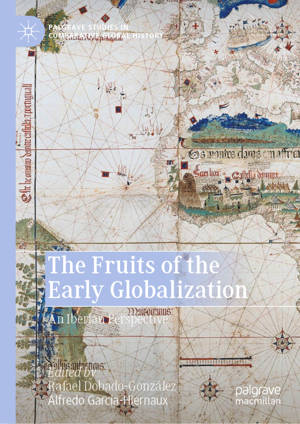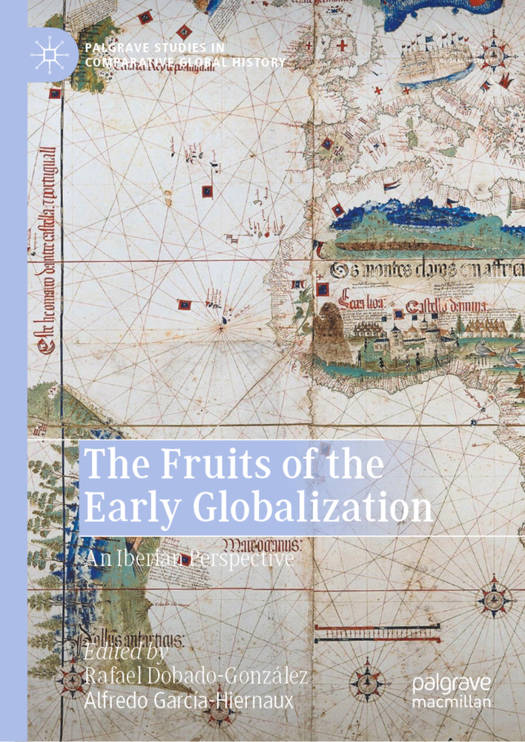
- Afhalen na 1 uur in een winkel met voorraad
- Gratis thuislevering in België vanaf € 30
- Ruim aanbod met 7 miljoen producten
- Afhalen na 1 uur in een winkel met voorraad
- Gratis thuislevering in België vanaf € 30
- Ruim aanbod met 7 miljoen producten
The Fruits of the Early Globalization
An Iberian Perspective
Omschrijving
This book presents an unusual view on one of the most influential periods in world economic history: the Early Globalization. By this term, the notion that a process of genuine globalization took place in the Early Modern Era is defended. The authors propose that the canonical globalization--that of the nineteenth and early twentieth centuries--was preceded by a century-long increasing economic integration between continents that were non-existent before 1492. The economic aspects of the Early Globalization, like market integration, price co-movements and international silver circulation, were very important. Notwithstanding, other dimensions of human life, which were affected by unprecedented intercontinental contacts, including free and forced migrations, changes in tastes and consumption, etc. The Fruits of Globalisation deals with some of the most important issues among the former and the latter.
The book combines approaches from different disciplines, including quantitative and non-quantitative economic history, econometrics, international trade and demography. Overall, the vision of the Early Globalisation offered in this book is less pessimistic than in mainstream literature on the period.
Specificaties
Betrokkenen
- Uitgeverij:
Inhoud
- Aantal bladzijden:
- 314
- Taal:
- Engels
- Reeks:
Eigenschappen
- Productcode (EAN):
- 9783030696658
- Verschijningsdatum:
- 3/06/2021
- Uitvoering:
- Hardcover
- Formaat:
- Genaaid
- Afmetingen:
- 148 mm x 210 mm
- Gewicht:
- 557 g

Alleen bij Standaard Boekhandel
Beoordelingen
We publiceren alleen reviews die voldoen aan de voorwaarden voor reviews. Bekijk onze voorwaarden voor reviews.










